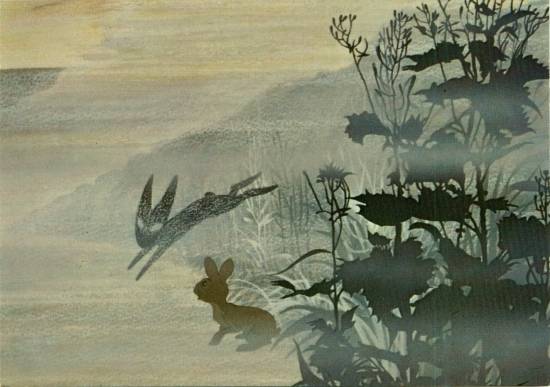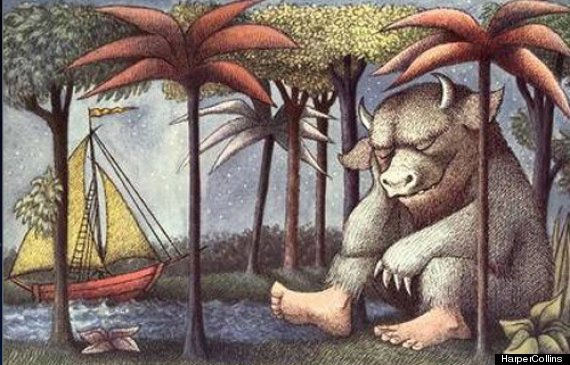So the University of Kent Creative Writing program decided they knew what great literature was, and had no problem pointing out that children's literature surely is not. What transpired was a fierce debate over Twitter (of course!) that has since led to the removal of the challenging statements toward children's lit. The debate, not a new one by any means, has been repeatedly addressed by children's literature advocates and belittlers alike. My favorite (ha!) has been Jonathan Myerson's reduction of children's literature as simply too black & white, just plain ol' simple to the immense complexities of adult fiction. Children's literature contains "worlds where evil was uniformly evil and good people were constantly good." Indeed. That's totally the lesson I took from the world of Hogwarts -- that good is good and evil is evil, and you can always distinctly see the difference. Or from Tolkien's world, or a universe that would allow the Hunger Games, or Ender's, for that matter. What does Myerson make of Pullman's His Dark Materials trilogy, I wonder.
Children's literature deals just as much with the messiness of life, in ways that most "adult" books can't address. What's more messy than childhood anyway? What kind of traumas affect Harriet the quirky, stubborn spy that are never addressed in the text but exist within the complex web the story weaves? Many, I tell you, many.
SF Said addresses this directly, stating,
"In the work of such authors, we found stories that were compelling and readable; that had depth, risk and originality; that offered all the imaginative space and possibilities we wanted from literature. Garner and Cooper made connections between ancient myth and contemporary reality; Dickinson dealt with human origins, with politics and war; Le Guin with the interconnectedness of all life. These books were tackling the biggest ideas and questions imaginable."The main question that looms for me is, "Why are programs, institutions, academics continually resistant to the treatment of children's literature as Literature at all?" I have had the encounter multiple times myself, that subtle eyebrow-raise, or roll of the eyes, the condescending chuckle or snort that indicates the peer or acquaintance with whom I speak cannot believe studying children's literature could be real! What I have come to understand, through my own experience, that children's literature is only that which the adults designate as such. Maurice Sendak famously stated that he did not write for children. Tolkien as well wrote an essay, "On Fairy-stories," that itself touches on the fact that there is no writing for children. We give them just what we think they can take, and they develop their own tastes much like anyone else at any other age does (his essay can be found in many collections, but you can also read about it here).
So the writing of children's literature, on the one hand, is no different from any other literature and we subsequently decide where it fits later. On the other hand, the freedom and exploration that exists within children's lit (ironic on many levels, come to think of it) allows for ingenuity and demands a great amount of skill to seamlessly include struggles, politics, social issues quietly, under the surface, so that the unskilled adult eye can pass the "safe" text to the child eager to see what the adult cannot.
 |
| Black Rabbit of Inle |


No comments:
Post a Comment